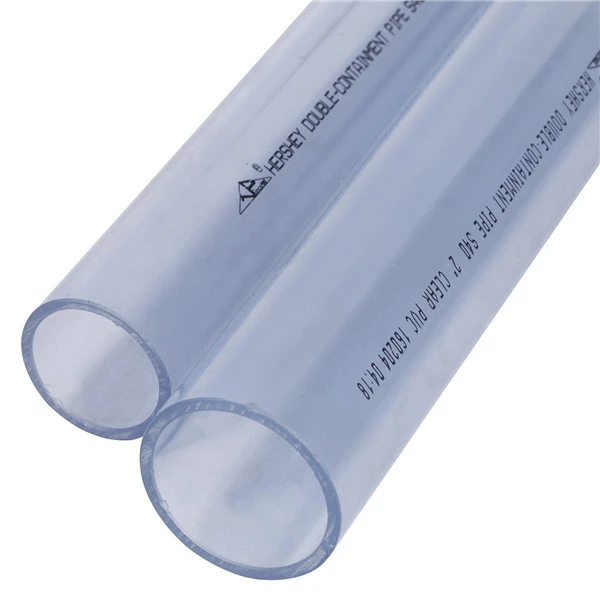Nov . 30, 2024 16:16 Back to list
Density Characteristics of HDPE Sheets for Various Applications and Uses
Understanding HDPE Sheet Density Characteristics, Applications, and Benefits
High-Density Polyethylene (HDPE) is a widely used thermoplastic, known for its remarkable strength-to-weight ratio, durability, and resistance to chemicals and environmental stressors. One of the key attributes of HDPE is its density, which typically ranges from 0.93 to 0.97 grams per cubic centimeter (g/cm³). This article delves into the characteristics of HDPE sheet density, its implications in various applications, and the benefits it brings to different industries.
What is HDPE?
HDPE is a type of polyethylene that is made from petroleum. It is characterized by its high molecular weight, which contributes to its dense structure. The density of HDPE is significant as it directly influences the material's performance, including its strength, rigidity, and impact resistance. The higher density inherent in HDPE sheets gives them superior mechanical properties compared to other types of plastic.
Characteristics of HDPE Sheet Density
1. Mechanical Strength The density of HDPE contributes to its mechanical strength and stiffness. Typically, the denser the material, the more robust it is against physical stress. This property makes HDPE a preferred choice for construction materials such as piping and sheeting.
2. Chemical Resistance HDPE sheets are known for their resistance to a wide array of chemicals, including acids and bases, which means they maintain their integrity even when exposed to harsh environments. The effectiveness of HDPE in resisting chemical corrosion can be partly attributed to its density and structure.
3. Low Water Absorption Due to its high density, HDPE has low moisture absorption. This characteristic is particularly advantageous in applications where water exposure is frequent, such as in marine environments or water treatment facilities.
4. Environmental Durability HDPE exhibits excellent UV resistance, thanks to its dense molecular makeup. This property ensures longevity and reduces the need for frequent replacements, contributing to sustainability in material use.
Applications of HDPE Sheets
The unique properties of HDPE sheets make them suitable for a wide range of applications
hdpe sheet density

1. Packaging HDPE is commonly used in the production of bottles, containers, and other packaging materials due to its strength and safety in storing consumables.
2. Construction In the construction industry, HDPE sheets are employed for liners, coverings, and barriers in civil engineering projects. They are ideal for projects that require a durable and chemical-resistant barrier.
3. Agriculture HDPE sheets are often used in agricultural applications, such as greenhouse covers and mulch films. Their resistance to UV light and chemicals protects crops and contributes to better agricultural practices.
4. Transportation HDPE is increasingly being used in the manufacture of parts for vehicles and trailers, due to its lightweight and robustness, which enhances fuel efficiency without compromising safety.
Benefits of HDPE Sheet Density
1. Cost-Effective The density and durability of HDPE lead to lower lifecycle costs. Although the initial investment may be higher compared to lower-density plastics, the extensive lifespan and minimal maintenance needs result in long-term savings.
2. Sustainability Many manufacturers are shifting towards using recycled HDPE, which helps reduce waste in landfills and lowers the carbon footprint of production. The ability to recycle HDPE also contributes to its sustainability.
3. Versatility The various grades and thicknesses available allow HDPE sheets to be tailored to specific needs, providing flexible options for customers across industries.
4. Safety Unlike some plastics that can leach harmful chemicals, HDPE is resistant to moisture and harmful substances, making it a safer option for various applications, especially in food-related industries.
Conclusion
Understanding HDPE sheet density is crucial for various industries that rely on this versatile material. With its impressive mechanical properties, excellent chemical resistance, and wide range of applications, HDPE continues to play a significant role in modern manufacturing and construction practices. As technology and recycling processes evolve, HDPE is expected to remain a staple material, supporting both industrial growth and environmental sustainability.
-
Durable PP Rigid Sheet: Lightweight, Chemical Resistant Solutions
NewsAug.21,2025
-
PVC Grey Sheet for Extraction: Chemical Resistant & Durable
NewsAug.19,2025
-
Durable PVC Pipe Fittings for Plumbing & Irrigation Needs
NewsAug.18,2025
-
HDPE Steel Belt Reinforced Spiral Corrugated Pipe | High Strength
NewsAug.17,2025
-
HDPE Pipe Fittings: Durable, Leak-Proof Solutions
NewsAug.16,2025
-
Premium CPVC Sheet: High-Temp & Chemical Resistant Solutions
NewsAug.15,2025

